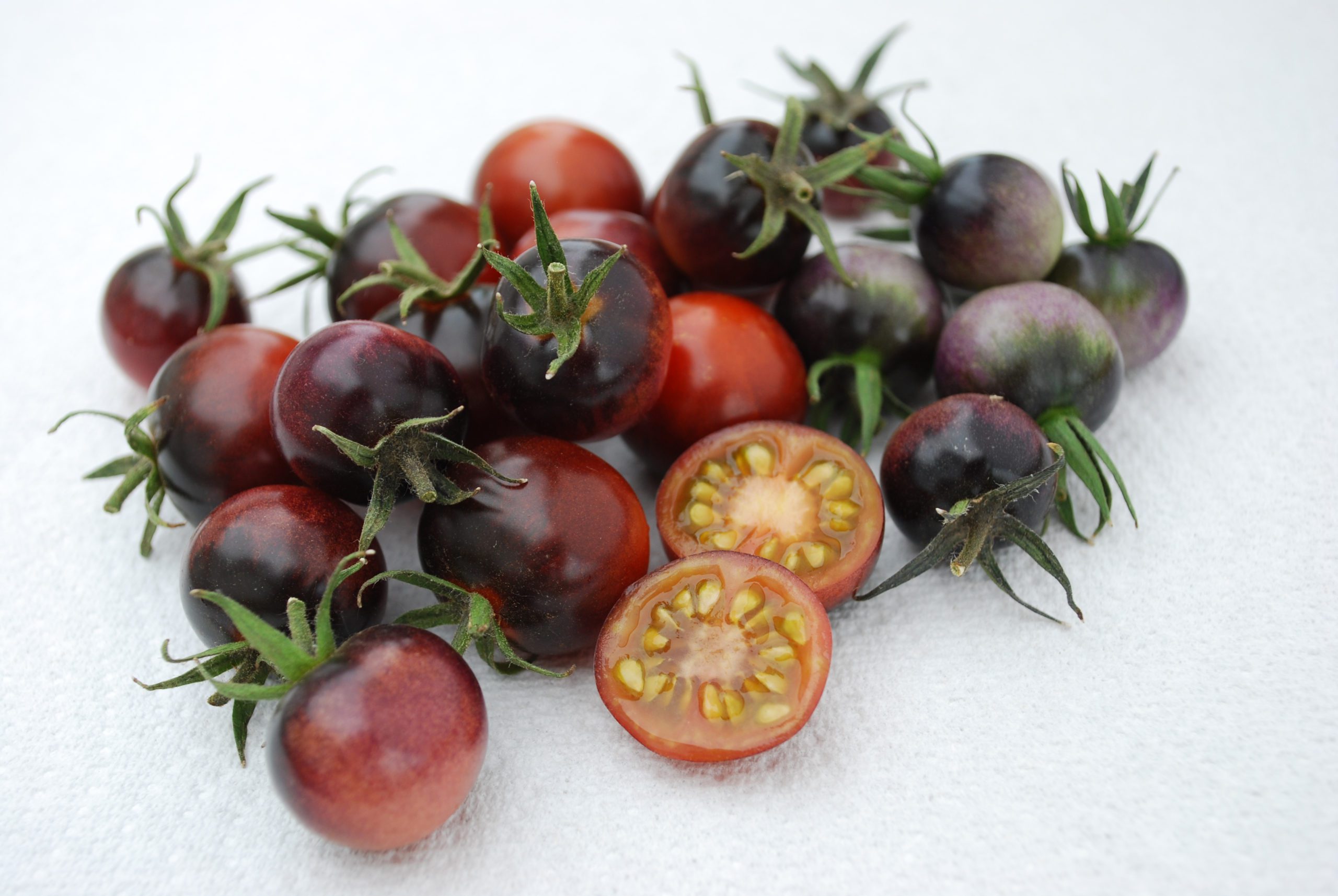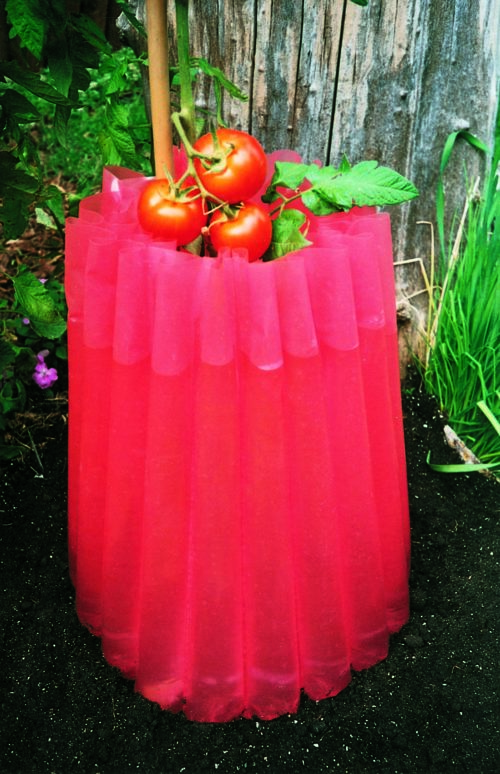| Maturity after tranplantation (days) | 75 |
|---|---|
| Weight (g) | 25-50 |
| Plant habit | Determinate |
| Plant size | Large |
| Type | Cherry |
| Colour | Purple |
| Formulation | Organic |
Tomato Indigo Blue Berries
Tomato Indigo Blue Berries
8.29$
In stock
Tomato Indigo Blue Berries has been added to cart
Buy 3 and get a 10% discount
Recommendations :
Indoor sowing : 8 weeks before transplanting in the garden. (*)
(*) From 7 to 10 days after the date of the last ground frost.
The Indigo Blue Berries is as appealing to the palate and eye as its name implies. The plants produce trusses of delectable, little, 25 g – 50 g cherry tomatoes. The green fruit quickly develop purple tops and crimson bottoms, ripening to a midnight black tone. The fruit contains high levels of anthocyanins, a naturally occurring antioxidant (that reveals in the vibrant indigo pigmentation) reported combating disease. For the best sparkling flavour and texture, harvest when the colours have deepened.
Green Thumb
Cultural practices : seed indoors, under light, approximately six (6) to eight (8) weeks before the expected date of the last ground frost in your area. Harden the seedlings before planting in the garden. Growth is best at temperatures of 21-24 ° C or higher.
Soil : you must prepare your soil well by incorporating a lot of rotten manure or compost, at least 30 cm deep. In addition, add to the soil, when planting, an all-purpose fertilizer.
Spacing : transplant the tomato plants 45 - 60 cm apart and 90 cm apart. Plant indeterminate types on stakes, leaving 38 cm to 45 cm between the plants in single rows, 45 cm apart.
Growing tips : tomatoes tolerate a wide range of fertile, well-drained soils. They require constant humidity, but care must be taken not to overwater, which would diminish the flavor of the fruit. Grow them in a warm, sunny location.
Harvest : harvest the fruits as they ripen. Before frost, remove the plants from the ground by holding them by the roots. Hang them inside, to allow the remaining fruit to ripen.
| Growing plants from seeds | |
|---|---|
| Rival plant |
beet, broccoli, Brussels sprouts, cabbage, cauliflower, cucumber, eggplant, garlic, fennel, corn, onion, okra, pepper, pea, pickling cucumber, shallot, spinach, squash, Swiss chard, potato, zucchini |
| Companion plants |
artichoke, asparagus, basil, bean, borage, carrot, celery, celeriac, chives, cress, corn salad, kohlrabi, leek, mint, onion, parsley, parsnip, radish, sage, strawberry, turnip, thyme |


